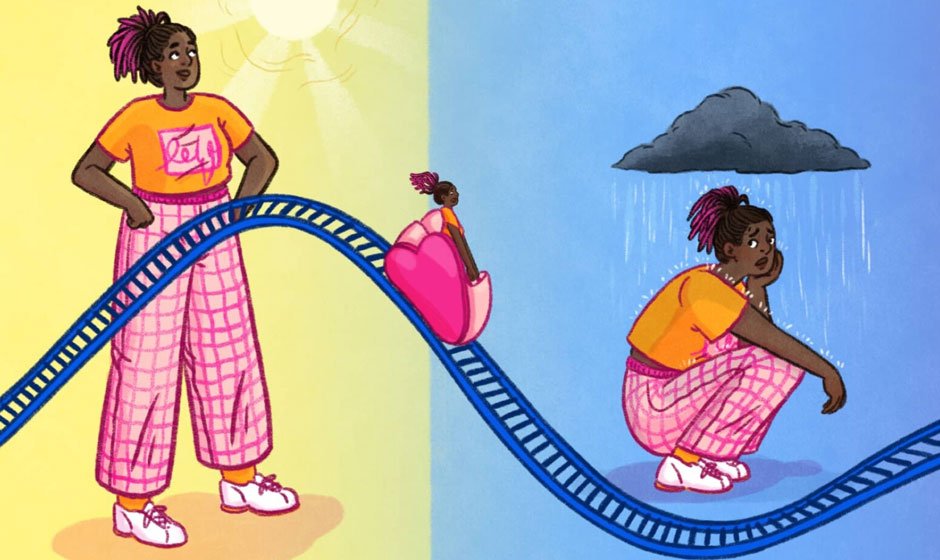Cars are more than mere machines; they’re companions on life’s journey. We’ve all experienced that pang of emotion when we realise it’s time to say goodbye to a trusted vehicle. This is particularly true after a crash. In this exploration, we’ll delve into the unique emotional bond between humans and cars, navigating the stages of grief when parting ways, and discovering ways to honour the memories of our four-wheeled friends.
The Bond Between Humans and Cars
Cars are not just a mode of transportation; they’re vessels of memories. The first road trip, the late-night drives, and even the not-so-glamorous moments—they all become woven into the fabric of our lives. It’s this emotional connection that transforms a car from a mere object into a cherished companion, standing witness to our stories and adventures.
What is a Written-Off Car?
It can be hard to keep up with all of the car accident claim jargon. In particular, people will often talk about how their car is written off. But, what exactly does this mean? Unfortunately, a lot of people only learn this definition when it’s too late and they’ve gone through the experience. It’s a good idea to educate yourself now so that you can prepare if you ever have to go through this. So, let’s take a closer look.
An Unsafe Vehicle
Generally, a car is written off and given this label if an insurance company deems it to be unsafe for the road. It has been involved in an accident where it has sustained severe damage, which means that it can’t be repaired economically and driven safely. Therefore, if you have a car that’s written off, it’s no longer going to be your vehicle. It’s a total loss and one that you won’t get back. Contact RTA Claims if you need help to recover your recover your vehicle. Then, it can be taken off the road and assessed.
Note that the emphasis is on the fact that the car can’t be repaired economically. This isn’t to say that it couldn’t be fixed. It’s stating that it couldn’t be done in an affordable and reasonable way. It’s calculated by thinking about the car’s value. For example, if your car is worth £10,000 and the repairs are going to be £20,000, this is clearly not a good decision to make. Simply, the car would be written off.
Assessing the Damage
Note that your car will have to be assessed to see what type of damage it’s sustained. The other driver’s insurer can do this if they’re at fault for the accident. Then, it will be determined what your settlement will be. The number you receive will be based on what your car was worth before the accident. For example, if you’ve had the car for a number of years, the figure given to you will reflect this.
It’s possible to get a replacement vehicle when you’re without a car. Again, this can be paid for by the other driver’s insurance company if they caused the accident. This can allow you to get around whilst you are without your car.
Understanding Grief in the Context of Car Loss
Initial Shock:
Losing a car can be akin to losing a friend. The initial shock sets in as you grapple with the reality that a chapter of your life is coming to an end. It’s okay to feel a sense of disbelief; after all, it’s not just a vehicle but a repository of memories.
Denial and Bargaining:
As reality sinks in, the stages of grief unfold. Denial may lead you to double-check if there’s any way to salvage the situation. Thoughts of bargaining—wondering if there’s a deal to undo the inevitable—become a natural response. It’s during these moments that the emotional ties to your car become even more apparent.
Acceptance and Moving Forward:
Acceptance is a gradual process, and it’s different for everyone. It involves acknowledging the loss, understanding that it’s a natural part of life, and giving yourself the permission to mourn. Moving forward doesn’t mean forgetting; it means carrying the memories with you as you embark on a new chapter.
Conclusion
As we bid farewell to our cars, we embark on an emotional rollercoaster. It’s a journey filled with nostalgia, grief, and, ultimately, resilience. Remember, it’s okay to mourn the loss of your trusted vehicle, but it’s equally important to celebrate the memories it leaves behind. With time, the emotional rollercoaster levels out, paving the way for new beginnings and unforeseen joys on the road ahead.






